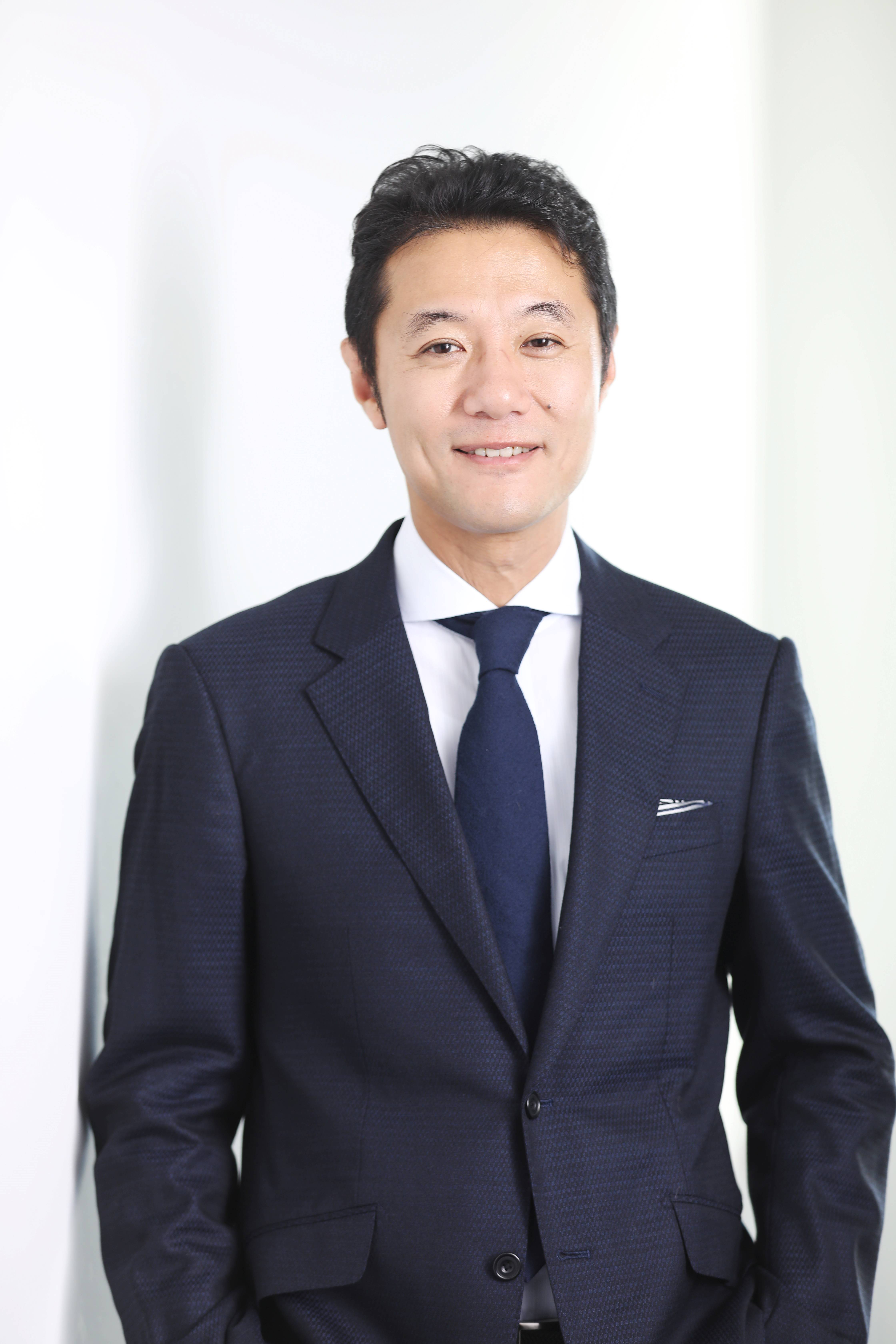- Prospective Students
- Our Advantages
- International MBA
International MBA

- Message from Program Coordinator
- Program Outline
- Curriculum
- List of Seminars (Zemi)
- Academic Calendar
- Student's Voice
- Admission Information
Message from Program Coordinator
Professor IRIYAMA, Akie

Waseda Business School (WBS), part of Waseda University—one of Japan’s most prestigious academic institutions—is widely recognized as one of Asia’s leading business schools. Its flagship International MBA Program is known for its exceptional competitiveness and global appeal.
One of the program’s unique strengths lies in its world-class faculty, which combines rigorous academic expertise with practical business experience. Many professors hold PhDs from top global institutions, while others bring extensive experience from companies such as McKinsey, Boston Consulting Group, Sony, Mitsubishi, and so on, serving as fulltime faculty members. This powerful mix enables WBS to deliver not just theoretical knowledge, but actionable insights directly relevant to today’s business world. WBS also attracts top-caliber students from over 20 countries, creating a vibrant, international learning environment. The relationships built during the program—friendships, networks, and shared experiences—are truly invaluable and lasting.
In addition, Waseda’s expansive alumni and corporate networks provide strong support for students’ career development, both in Japan and globally. Its central Tokyo location offers not only cultural richness but also unparalleled access to leading companies and business opportunities in Japan. Looking ahead, WBS is committed to supporting students interested in joining, or even founding, startups in Tokyo. We invite you to spend two transformative years at one of Asia’s most dynamic and forward-thinking business schools.
Program Outline
What is the International MBA Program?
- Full-Time, Two-Year Program conducted in English
The International MBA program is a full-time, two-year program conducted in English. It is our premier MBA program. It is designed to provide an abundance of international exposure with the objective of educating students to become global business leaders.
- One of the Largest English-taught MBA Programs in Japan
Approximately 50 students from around the world are admitted to this program each year. The relationships developed at WBS continue after graduation. Waseda University, including WBS, boasts the largest scale alumni network in Japan. Being a graduate of Waseda University opens doors of opportunity for business in Japan.
- Student Interaction between Japanese-taught and English-taught classes
Although this program can be completed by taking all courses taught in English, some bilingual courses are offered on a pass/fail basis to facilitate interaction among Japanese and international students. In these courses, students can participate in either English or in Japanese as instructors summarize and translate in both languages. Additionally, students who have or develop competencies in the Japanese language can enroll in courses conducted in Japanese. This unique system will give students the opportunity to learn about Japan and various countries in Asia.
- Unique Seminar System
Students choose a Zemi (seminar) class, which consists of a small group gathering with same specific field that members would like to research. Each zemi is led by a professor who specializes in each field, and students are required to discuss and research with their fellow members. Students can extend their knowledge and at the same time establish a high quality cross cultural human network.
Curriculum
Waseda Business School has designed a flexible curriculum that provides students with a solid foundation in business fundamentals while allowing them the freedom to pursue courses that align with their career strategy.
The core curriculum currently consists of two categories:
Compulsory Core Course
The Compulsory Core Course consists of seven courses, all of which are required.
- Marketing
- Corporate & Business Strategy
- Financial Accounting
- Finance
- Management of People and Organizations
- Global Management
- General Management
Compulsory Elective Core Course
The Compulsory Elective Core Course consists of five courses, of which students must take at least three.
- Business Data Analysis
- Economics for Business Administration
- Managerial Accounting
- Entrepreneurship
- Technology & Operations Management
To complete the program, students must have been enrolled for more than two years, have acquired 50 credits, and have completed their MBA Degree Thesis as the final product of their seminars and research guidance. Students who pass the dissertation screening and exams, and who have reached a satisfactory level of achievement in the comprehensive evaluation of their performance will be awarded the degree of Master of Business Administration (MBA).
In addition to the conditions for completing the International MBA Program, it is recommended that students earn credits in language courses. Students are expected to acquire at least eight credits from language courses. Although these credits are not included in the requirements for program completion, they are strongly recommended to strengthen their global capabilities. Students studying mainly in Japanese are encouraged to take English courses at the Global Education Center and students studying primarily in English are encouraged to take Japanese courses at the Center for Japanese Language. Students may also take other WBS language courses (i.e., English-taught classes for students admitted in April; Japanese-taught classes for students admitted in September) as the recommended language courses. These courses are graded on a “Pass/Fail” basis.
*English language courses are available in the Global Education Center. Please see the website for details.
*Japanese language courses are available in the Center for Japanese Language. Please see the website for details.
Web Syllabus Search
Course syllabi can be found on the web syllabus search system.
Degree Requirements of the International MBA Program (Unit: Credit)
| Compulsory Core Courses |
Compulsory Elective Core Courses |
Bilingual Courses or Overseas Courses |
General Elective Courses |
Specialized Research | Total | Language Courses* |
||
|---|---|---|---|---|---|---|---|---|
| Seminars | Research Guidance |
Thesis | ||||||
| 14 | 6 ~ | 4 ~ | 8 ~ | 8 | Pass** | 4 | 50 | 8 |
(*) Language courses are recommended to take, not included in the requirement.
(**) The credits of research guidance will be given by pass or fail.
About the change of Degree Requirements
List of Seminars (Zemi)
After enrollment, students have to choose a Seminar called “Zemi“.
The seminars scheduled to be offered in the 2026 academic year are as follows:
(Subject to change)
| Seminar Title | Lecturer |
|---|---|
| Management Strategy and Industry Evolution | ASABA, Shigeru |
| Risk Management | CHEUNG, Ming Yan William |
| Firm growth, innovation and industry dynamics | COAD, Alex |
| Entrepreneurship for Happiness | HIGASHIDE, Hironori |
| Globalization and Business Leadership | HORIE,Tetsu |
| Frontier of Entrepreneurship, Innovation, and Management | IRIYAMA, Akie |
| Strategy in Practice | KANNO, Hiroshi |
| Sustainable Marketing and Innovation | KAWAKAMI,Tomoko |
| Marketing Management | KIMURA, Tatsuya |
| Management of Numbers in Business | LAU, David |
| Creation and Control of Enterprise Value | NISHIYAMA, Shigeru |
| Digital Transformation for Public Good | SAITO,Kenji |
| Strategy and Finance | SATO, Katsuhiro |
| Financial Law and Practice | SHIBAZAKI, Satoru |
| Performance Measurement & Control system for Implementing Corporate Strategy | SHIMIZU, Nobumasa |
| Economic Analysis of Accounting Institutions | USUI, Akira |
*This list is subject to change.
Academic Calendar
Academic CalendarStudent's Voice
Student's VoiceAdmission Information
For those who want to apply for the International MBA program, please refer to Admission page below.

